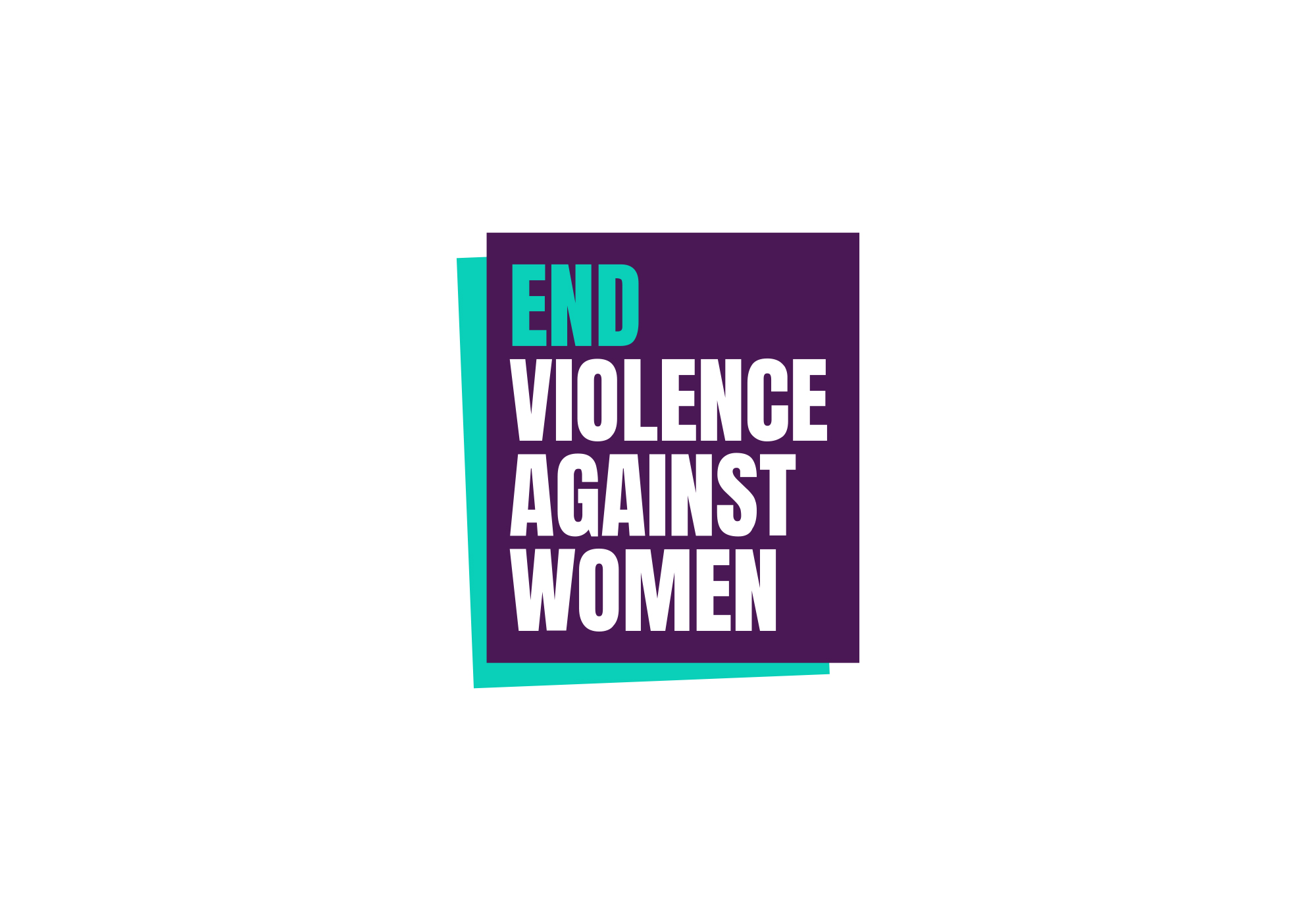 19 Mar
19 Mar
Responding to the publication today (1 July) of the Home Affairs Select Committee prostitution inquiry’s interim report, a national coalition of women’s groups (which includes those providing support to women who ‘sell sex’) welcomed the recommendations for decriminalising women in prostitution, deleting their criminal records, and the call for a Government led in depth study of the scale and nature prostitution.
The coalition urged Committee members to look hard at the intrinsic connection between trafficking and prostitution, and to address ‘consent’ and ‘choice’ in the round as they work towards making their final recommendations to Government.
End Violence Against Women Co-Director Sarah Green said:
“We warmly welcome the call for the decriminalisation of women who ‘sell sex’ and for their criminal records for related offences to be deleted. The laws which criminalise them have long done great harm.
“We also welcome the Committee’s strong language on the need to maintain “zero tolerance” of the organised exploitation of those who sell sex, which recognises that this ‘trade’ is different from any other.
“We are also pleased to see that the Committee is calling on the Government to institute an in-depth study of the scale and nature of prostitution in England and Wales, as we share Committee members’ “dismay” at the lack of data on something that is known to seriously harm the lives of so many. Such research should look at routes into prostitution, which women and girls are more likely to be in prostitution, prostitution’s immediate and long-term impacts on those who are exploited, internal as well as cross-border trafficking, and at who ‘pays for sex’.
“We agree with the Committee that new law is required because the current ‘laissez-faire’ nature of English law is making police forces and their chief constables de facto law makers on prostitution in a way that is not accountable to those affected, including local communities.
“We are very concerned to read the argument in this report that trafficking should be regarded as separate from prostitution between “consenting adults”. Those working on the frontline, and women who have been sexually exploited, know that they are intrinsically connected, because at a fundamental level the ‘demand’ from men who buy sex creates the driver for those who coerce and abuse those who meet the legal definition of trafficked and many others.
“Some have tried to represent this interim report as indicating support for removing prostitution offences from the criminal law entirely. The report does not do that, and clearly says that on the matter of the policing of those who pay for sex, the Committee is continuing to examine the full range of models, including that in operation in Northern Ireland, and for over a decade in Sweden, where those who ‘pay for sex’ are criminalised in order to deter ‘demand’ and abuse. The models in use in Germany and Holland (legalisation) have led to horrific levels of full on exploitation and profiteering within the law.
“We appreciate Committee members’ continuing examination of better legal and policy interventions to end the harms of prostitution and, finally, we urge them to look hard at claims about “safety” and “harm reduction” when what we know is that the men who pay for sex make prostitution inherently and unavoidably harmful and dangerous. We also know that this harm and life threatening risk is borne very disproportionately by women who are poorer, women who are more likely to be migrants, and women who are more likely to have complex needs including histories of abuse and problematic drug and alcohol use.”
Figures quoted in the Home Affairs Select Committee published today:
- Around 11% of British men aged 16–74 have paid for sex on at least one occasion, which equates to 2.3 million individuals.
- The number of sex workers in the UK is estimated to be around 72,800 with about 32,000 working in London.
- Sex workers have an average of 25 clients per week paying an average of £78 per visit.
- In 2014–15, there were 456 prosecutions of sex workers for loitering and soliciting.
- An estimated 152 sex workers were murdered between 1990 and 2015. 49% of sex workers (in one survey) said that they were worried about their safety.
- There were 1,139 victims of trafficking for sexual exploitation in 2014 and 248 in April to June 2015 (following implementation of the Modern Slavery Act 2015).
Recommended ARTICLES
 19 Mar
19 Mar
 05 Mar
05 Mar
 27 Feb
27 Feb

